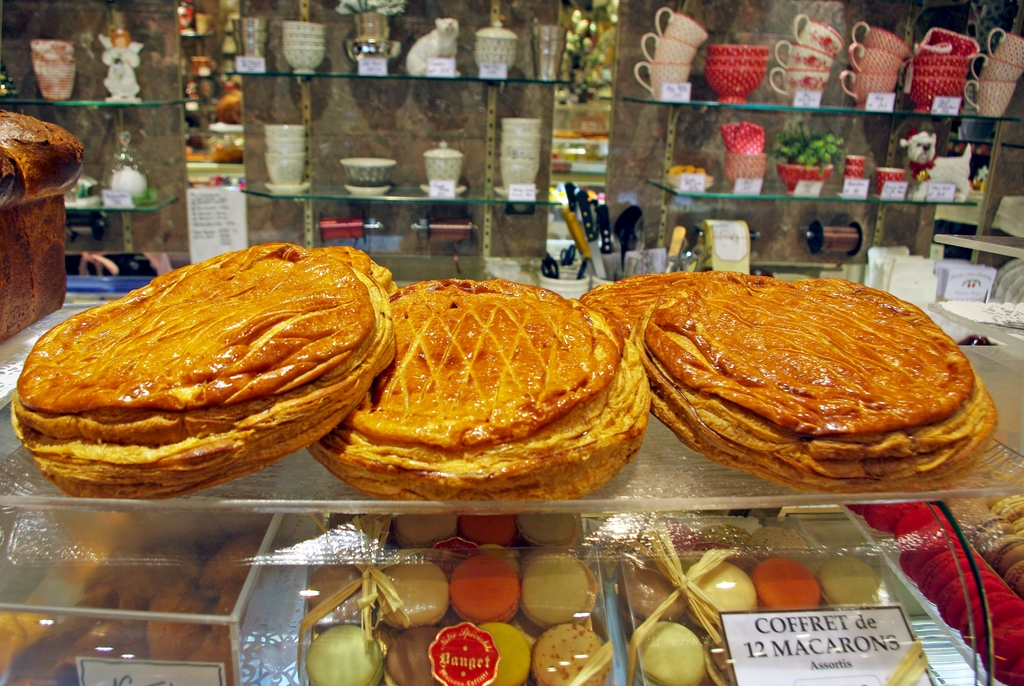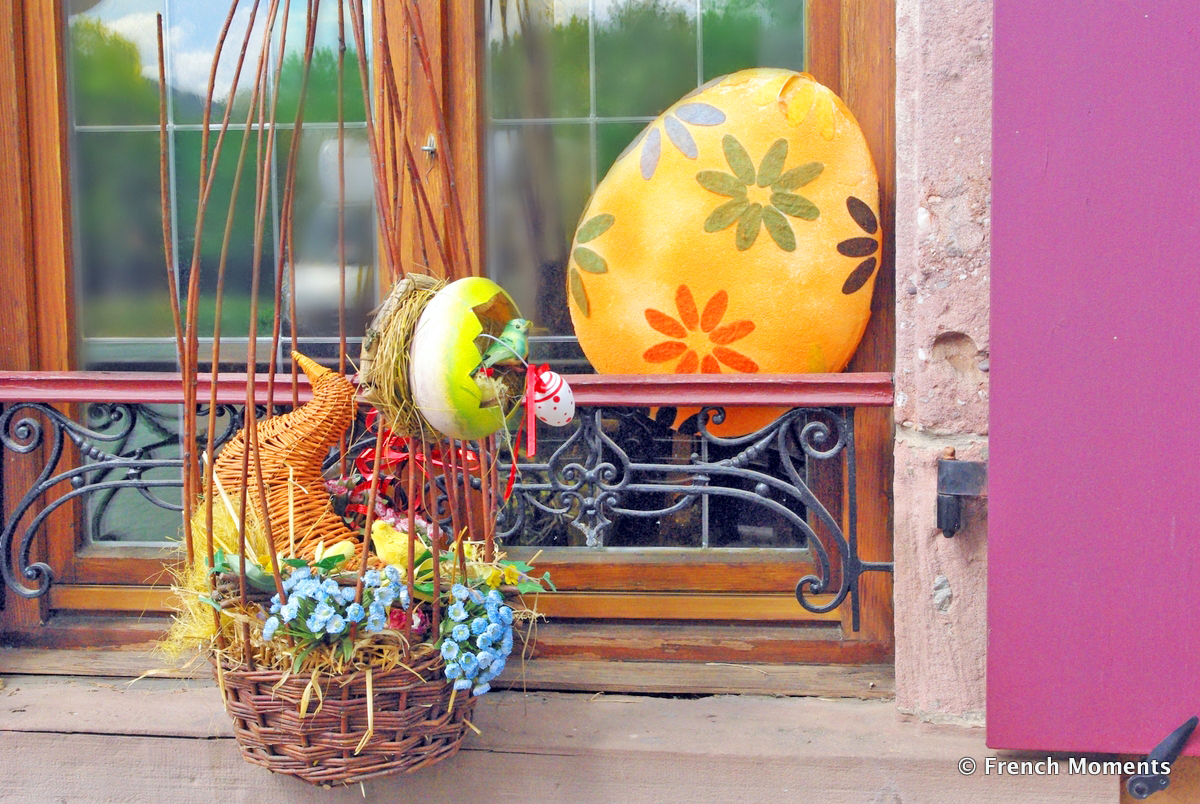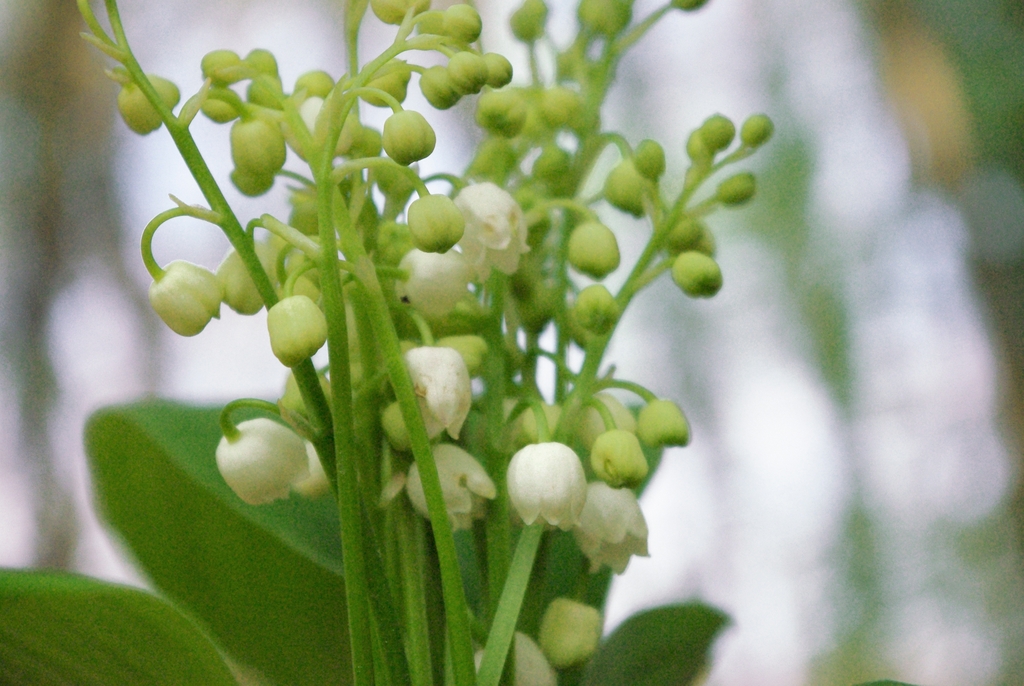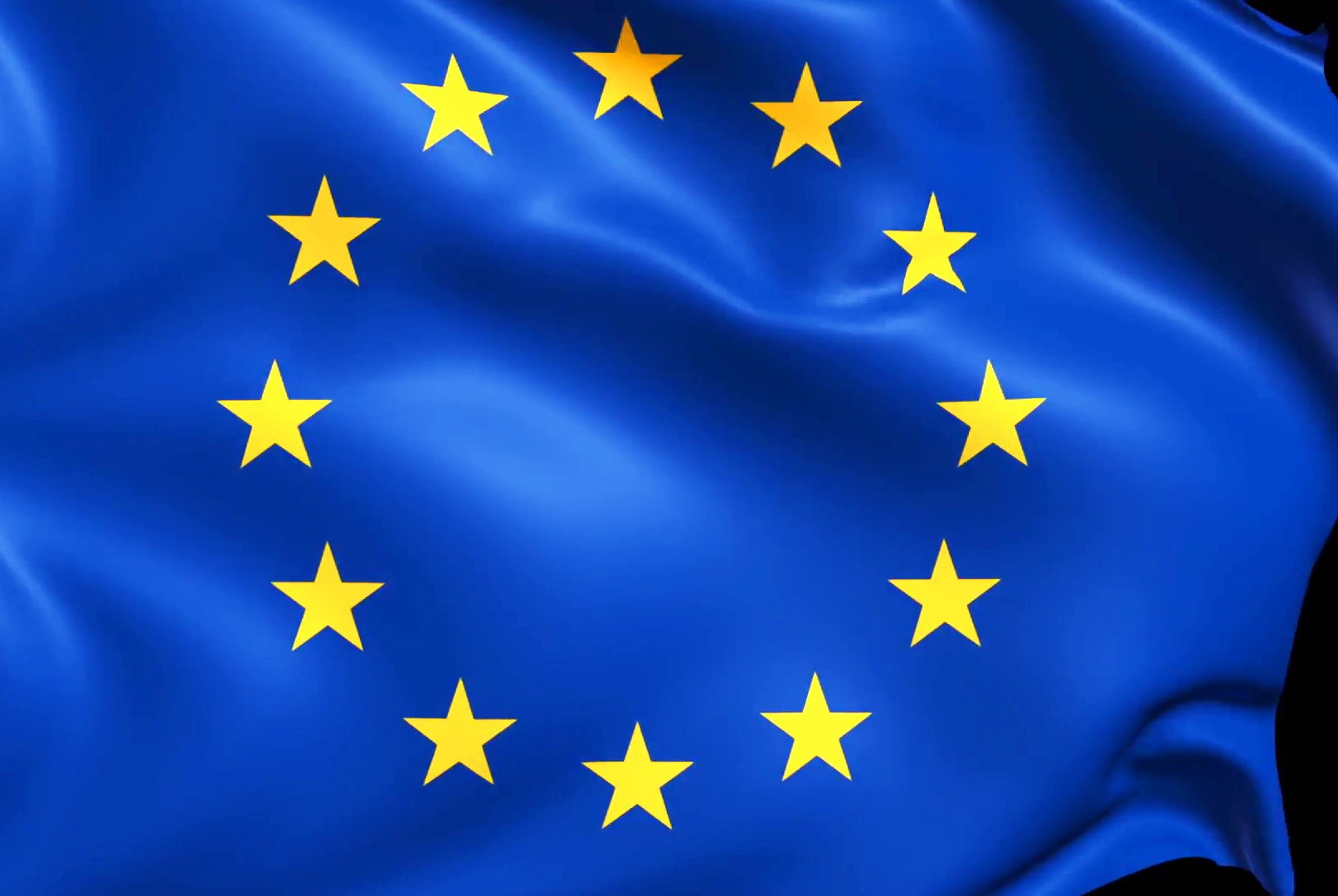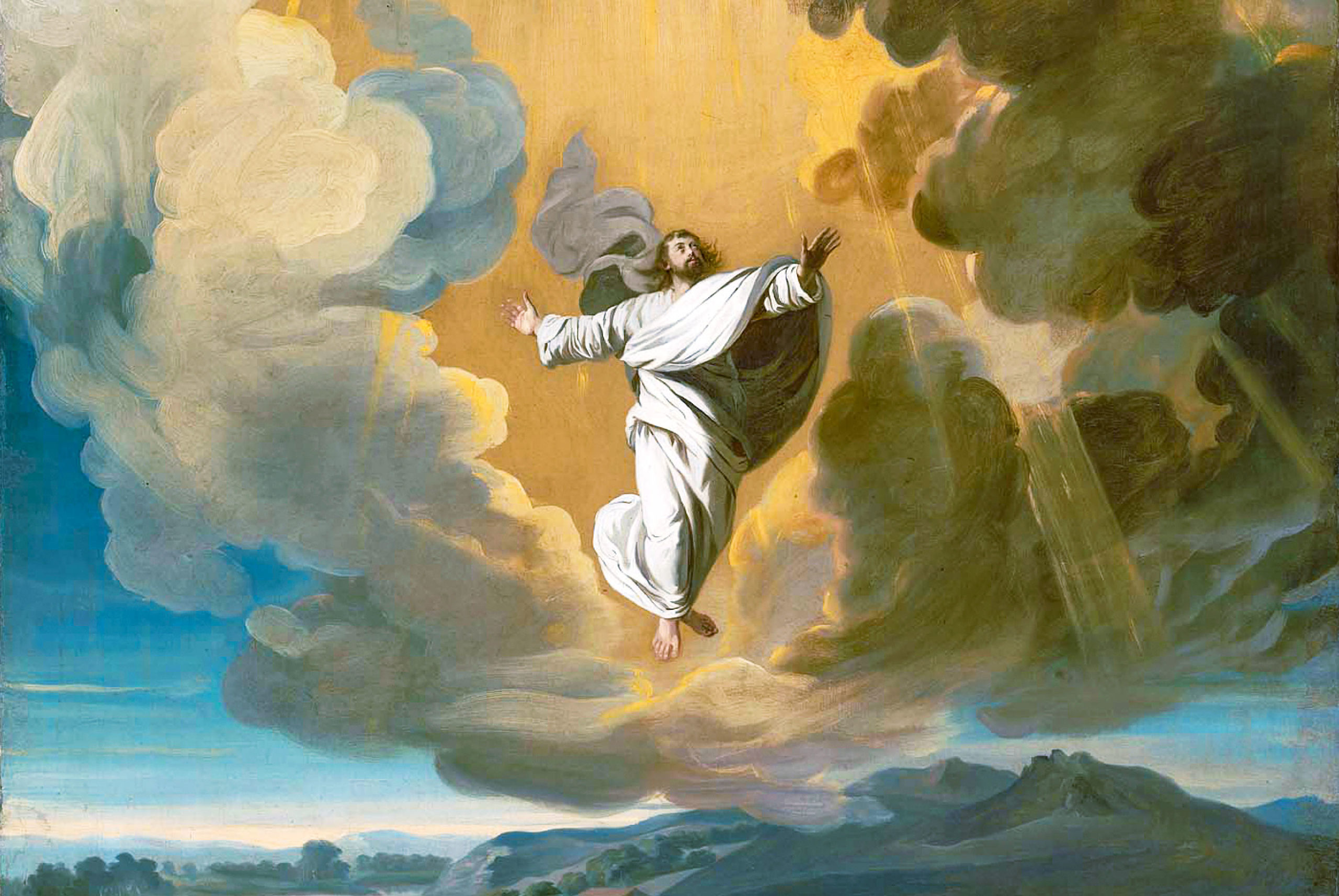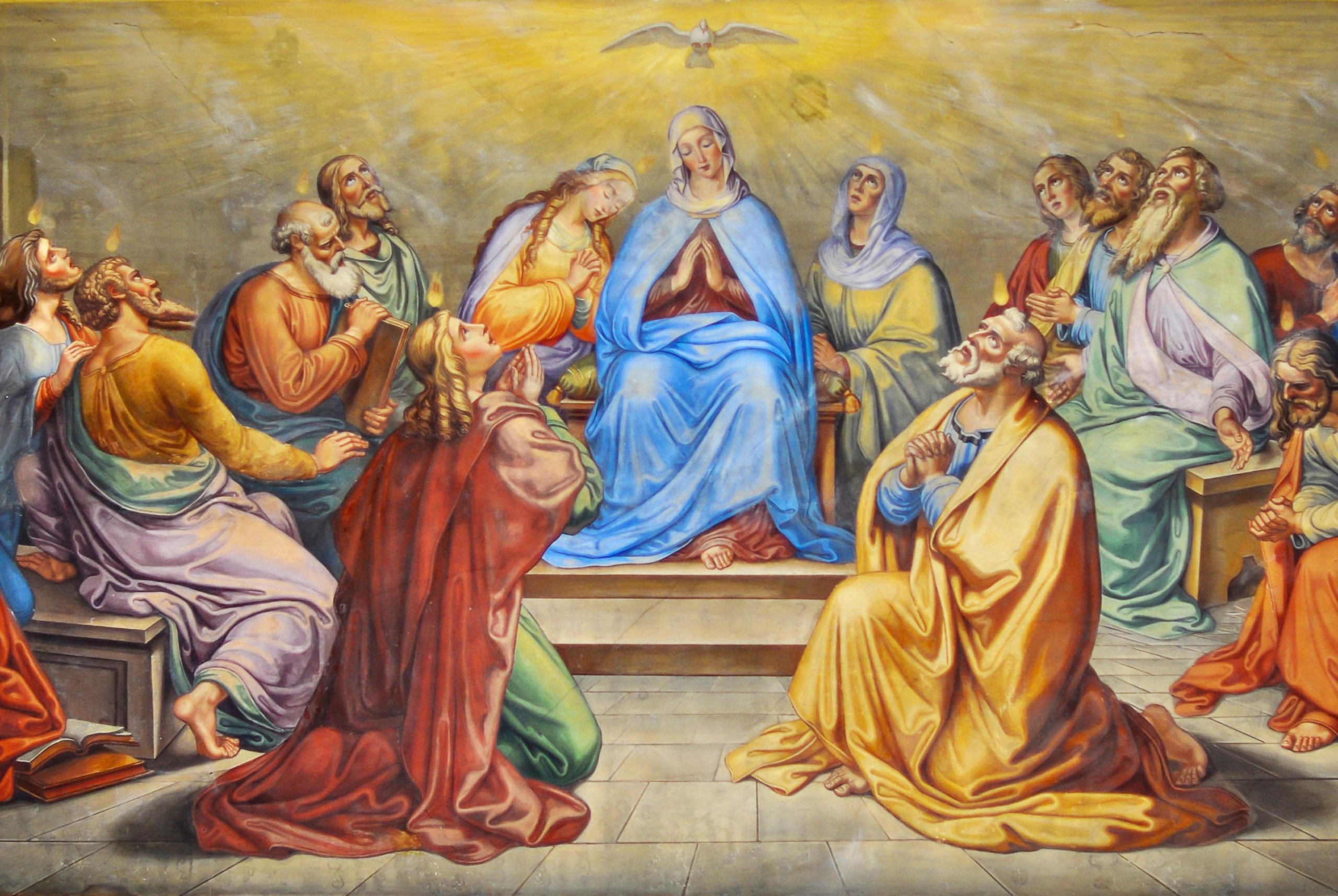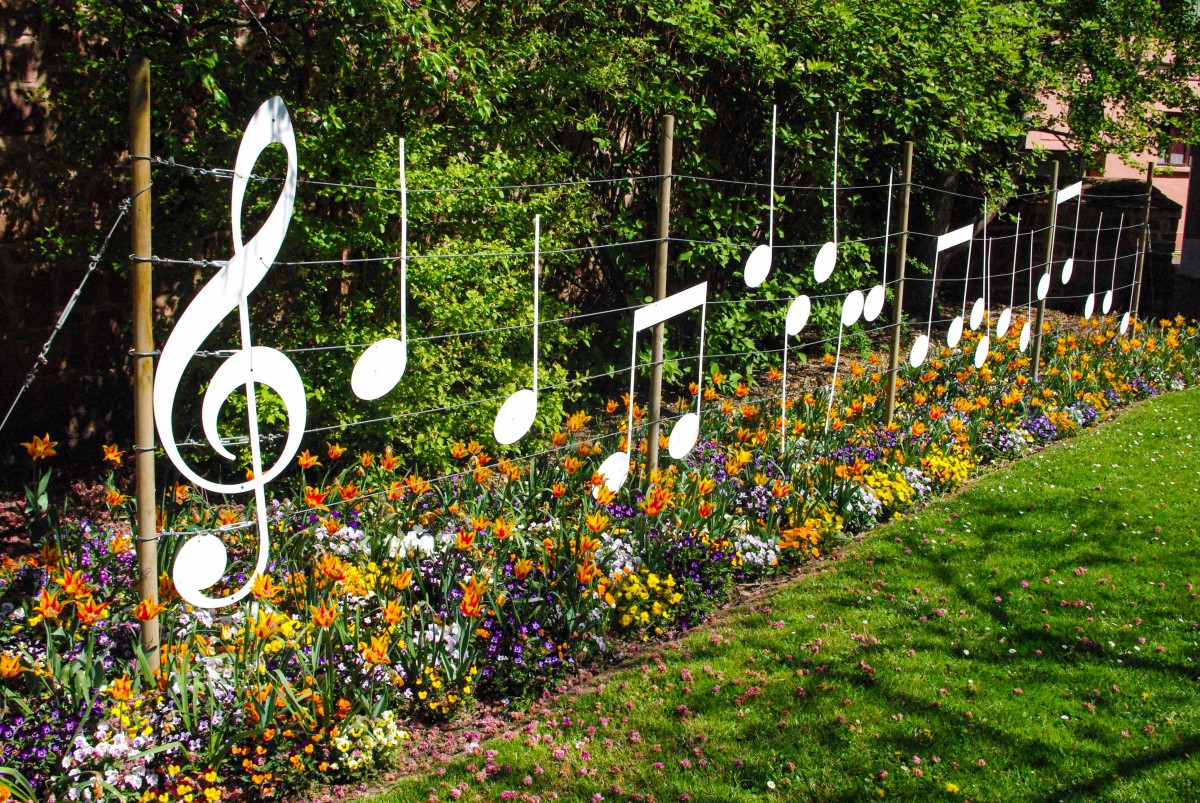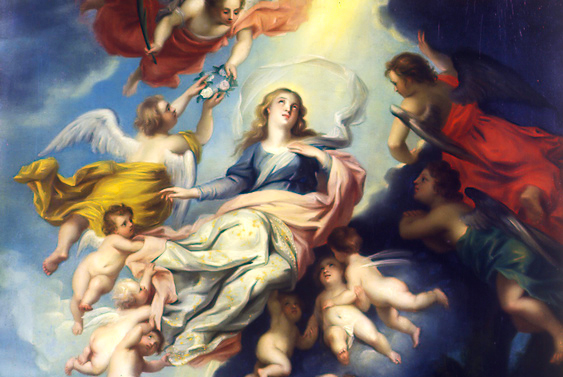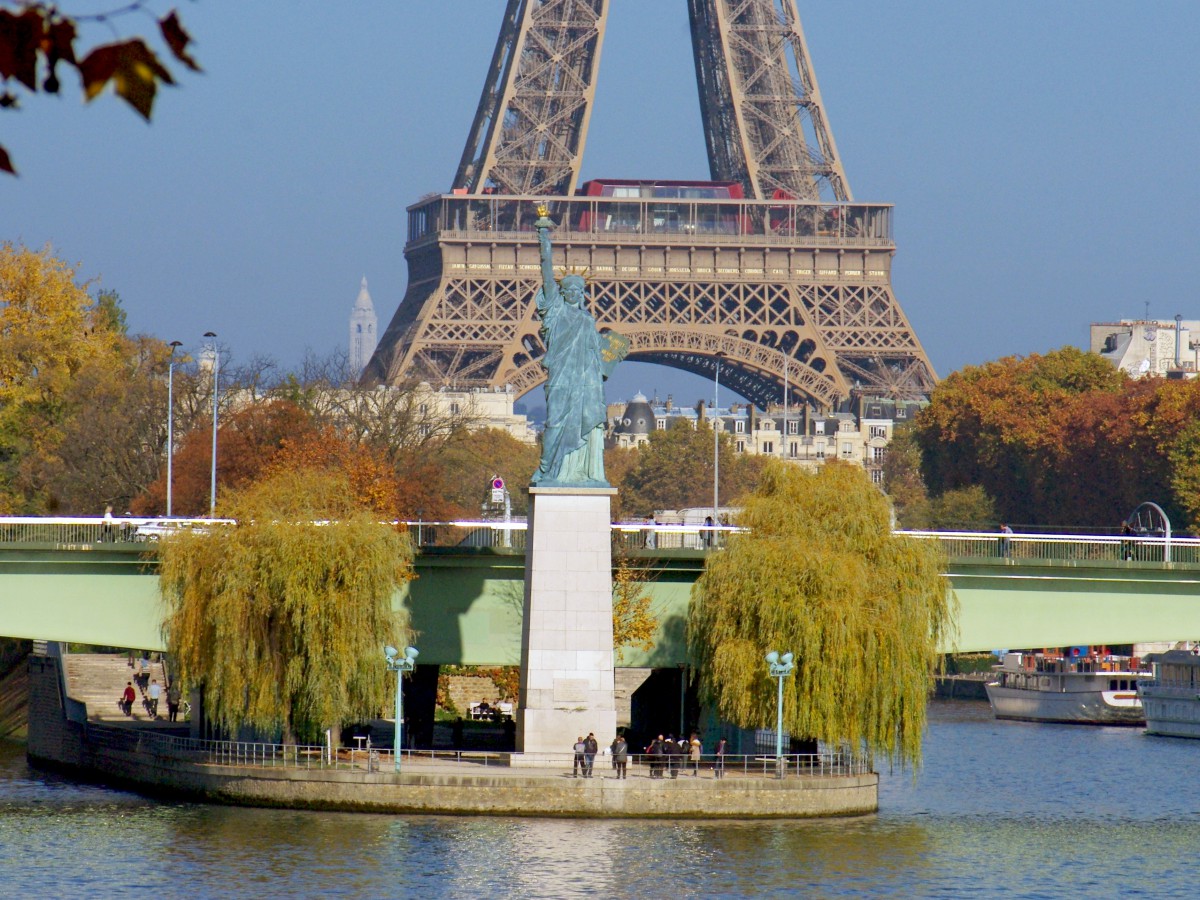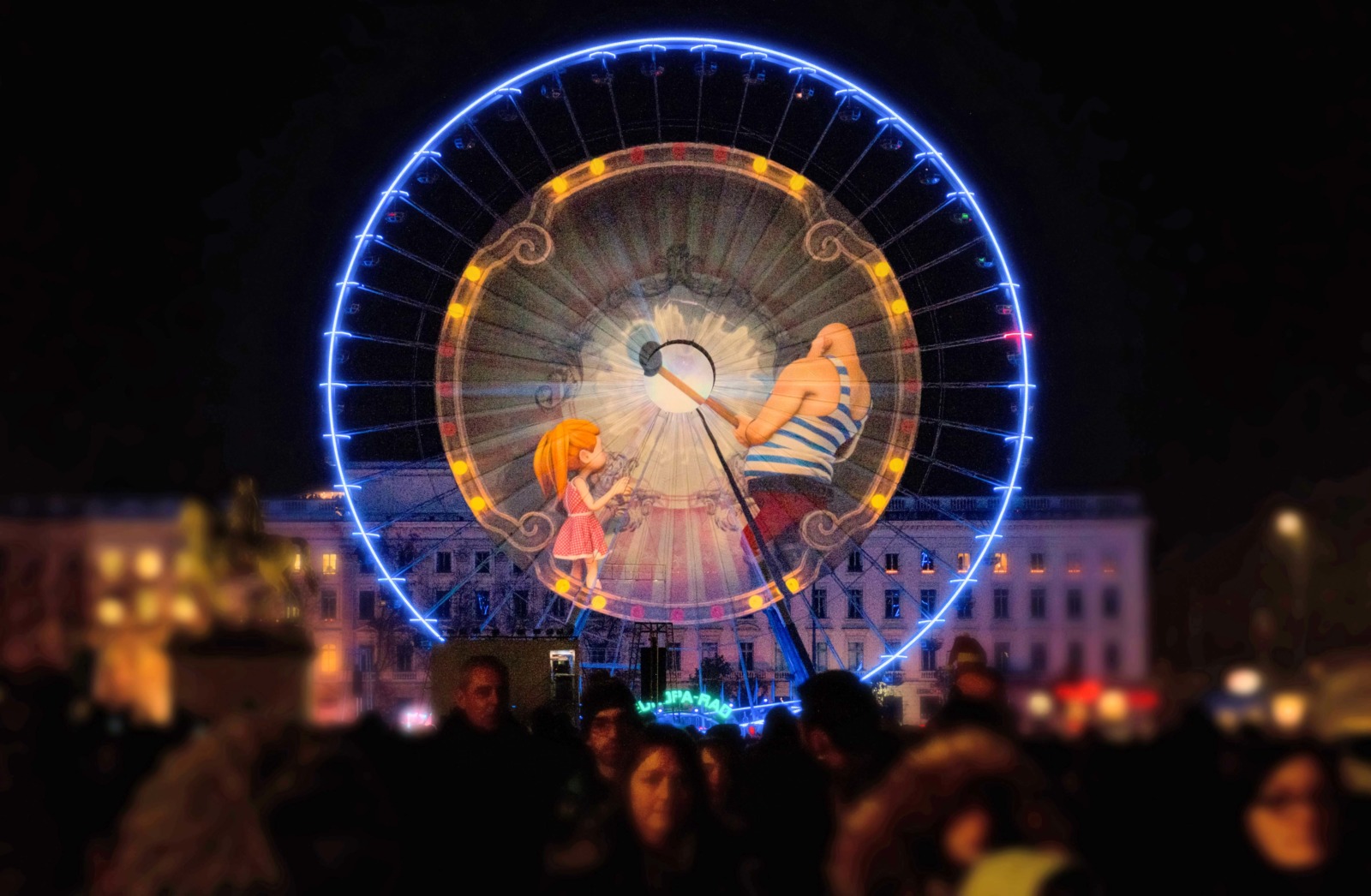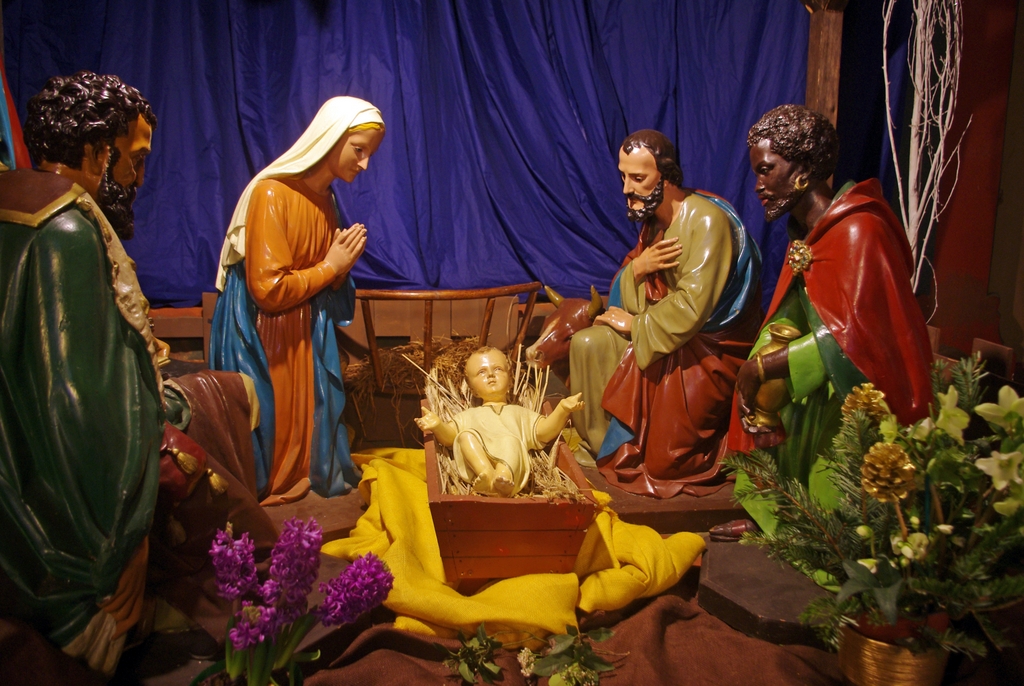In the USA and Australia, Mother’s Day takes place on the second Sunday of May. However, the French have chosen a different date to pay tribute to their mothers. The “Fête des Mères” occurs on the last Sunday of May. As for the United Kingdom, Mother’s Day takes place far earlier, on the fourth Sunday of Lent, which is usually in March. How can we explain all these differences? What are the origins of this special day? Let’s find out about Mother’s Day in France!
Mother’s Day in English-speaking countries

Mother’s Day in Australia
In Australia, the tradition was started in 1924 by Janet Hayden, a lady from Leichhardt, Sydney. She wanted to pay tribute to the destitute mothers from the Newington State Home in Sydney’s western suburbs.
Mrs Hayden offered simple gifts to the women living there, such as cakes, perfume and hairpins. This lovely lady wanted to spread the celebration across the whole country. She did not know how to do it. And so, Mrs Hayden decided to try appealing to the public through Sydney newspapers, which published the idea. Soon, Mother’s Day became a national celebration in Australia, thanks to Mrs Hayden.
Mother’s Day in the United States
In the United States, tradition has it that Mother’s Day comes from two women.
The first one was named Julia Ward Howe. In 1870, she campaigned for a peace-oriented Mother’s Day celebration. It lasted for a few years before the rising tradition suddenly stopped.
The second lady was Anna Jarvis. She first organised a private Mother’s Day celebration. She aimed to pay tribute to her mother, who had just passed away. Then, she contacted the churches in her area, which passed on her idea. The celebration spread to the East Coast before being adopted by the country. American President Woodrow Wilson even designated Mother’s Day as an actual national holiday in 1914.
Mother’s Day in the UK
The United Kingdom might have been the first country to start the tradition of Mother’s Day.
According to most historians, the origins of the celebration date back to the mid-16th century. Back then, a Christian celebration took place on the fourth Sunday of Lent (three Sundays before Easter) to honour women and their children.
Initially, it took the name of Mothering Sunday. However, British people ended the tradition in the early 19th century.
In the 1910s, a young English lady called Constance Smith tried to bring this Anglican tradition back. British retailers quickly understood that they could take advantage of such a tradition. Consequently, the modern Mother’s Day was born in the UK in a more secular and commercial way than the original Mothering Sunday.
Mother’s Day in France
The starting point of Mother’s Day in France differs from that of English-speaking countries.
The origins of the celebration in France date from the Napoleonic era.
In 1806, French emperor Napoleon I established a special day dedicated to the mothers of large families.
This celebration was revived after World War I when an official Mother’s Day took place in the city of Lyon. The aim was then to honour the widows who lost their husbands during the war.
The French government officially recognised Mother’s Day in 1929.
In 1941, the Vichy Regime chose the last Sunday of May as the official Mother’s Day date. Nine years later, a law was passed saying that:
“Every year, the French Republic pays an official tribute to Mothers during a special day dedicated to celebrating Mother’s Day”.
The Family Medal
In every French municipality, the mayor honours mothers of large families by giving them a special medal: “la Médaille de la Famille” (Family Medal). The tradition generally took place annually on Mother’s Day. Mothers receive:
- a gold medal if they have more than eight children,
- a silver medal if they have six or seven children,
- and a bronze medal if they have four or five children.
Presents for Maman!
On Mother’s Day, French people offer presents to their mums. The most common gifts are flowers, perfume and jewellery. French people usually spend around forty euros on a gift for their mothers for that particular day. Young children are also used to preparing secret gifts at school for mum!
A public holiday?
Mother’s Day is not a public holiday in France. Nevertheless, it is an important date for French people. It leaves its mark on May, just like the Christian celebrations of Ascension and Pentecost.
As for fathers, they also have their Fathers’ Day: it is held annually in France on the third Sunday of June.
Key figures for Mother’s Day in France
- 57% of French people intend to celebrate Mother’s Day.
- 2/3 of adults in France intend to give a gift on Mother’s Day.
- The average amount spent on Mother’s Day is 50.07 euros.
- 36% of gifts are flowers, 20% are beauty and care products and 11% are jewellery.
- 36.7% of French mothers prefer to receive perfumes or cosmetics, 32.3% flowers or plants and 16.7% an object made by a child.
- Florists make 30% of their annual turnover on Mother’s Day.
Find out more about Mother’s Day in France!
- Find out more about Father’s Day on the blog
- The page on Mother’s Day on Wikipedia: in English – in French



